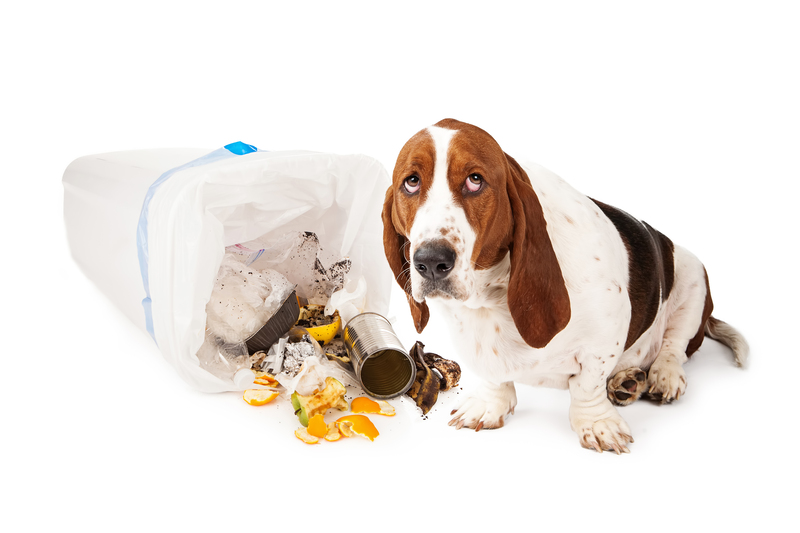Unlock the Secrets Behind Glass Recycling
Glass recycling is an essential component of sustainable waste management, playing a crucial role in conserving resources and reducing energy consumption. In this comprehensive guide, we will unlock the secrets behind glass recycling, uncovering how it works, its benefits, and ways to enhance its efficiency.
What is Glass Recycling?
Glass recycling refers to the process of converting waste glass into usable products. It involves collecting and processing glass materials that would otherwise be discarded, transforming them into new glass containers or other products. The process not only conserves raw materials but also strives to mitigate the environmental impacts of glass production.
The Journey of Glass in Recycling
The journey of glass recycling begins with collection and ends with the creation of new products. Let's take a look at each step involved:
- Collection: Glass is collected from recycling bins, drop-off points, and curbside programs. Separation by color is crucial as different colors have distinct chemical compositions.
- Processing: The collected glass is cleaned, sorted, and crushed into small pieces known as cullet. This step removes impurities that can compromise the quality of new glass products.
- Melting and Forming: The cullet is mixed with raw materials such as silica sand, soda ash, and limestone in a melting furnace. The molten glass is then molded into new products--ranging from new glass containers to fiberglass and other materials.

Why is Glass Recycling Important?
The importance of glass recycling cannot be overstated. Here are some of the key benefits:
- Conserving Natural Resources: Glass recycling reduces the need for raw materials. For every ton of glass recycled, over one ton of natural resources is saved.
- Energy Efficiency: Recycling glass requires less energy compared to producing new glass from raw materials. The energy savings can be as high as 30%.
- Reducing CO2 Emissions: By using recycled glass, manufacturers significantly reduce carbon dioxide emissions, helping to combat climate change.
- Environmental Benefits: Recycling glass decreases landfill waste, reducing land pollution and the strain on landfill capacities.
Interesting Facts About Glass Recycling
Did you know? Here are some fascinating facts about glass recycling:
- Glass can be recycled infinitely without losing purity or quality.
- Closed-loop recycling allows a glass bottle to reemerge as a new bottle in a matter of weeks.
- In many communities, glass recycling is a mandatory practice.

Techniques to Enhance Glass Recycling
Improving glass recycling efficiency involves embracing innovative techniques and best practices:
- Improved Collection Systems: Implementing efficient collection systems can ensure higher recovery rates. Employing color-sorted bins can enhance the quality of recyclable glass.
- Advanced Sorting Technologies: Utilizing automated sorting equipment, such as optical sorters and laser sorters, can elevate the separation process.
- Public Awareness and Education: Educating communities on the benefits of glass recycling and proper disposal methods encourages participation and reduces contamination.
- Industry Collaboration: Working closely with policymakers, businesses, and communities helps create a robust framework for systematic recycling efforts.
The Future of Glass Recycling
The future of glass recycling is promising, with a growing focus on sustainability and technological advancements. Innovations in recycling processes and increased public awareness aim to boost recycling rates. The goal is to establish a closed-loop recycling system that minimizes environmental impact and conserves the planet's resources.
Conclusion
Glass recycling is a powerful tool in the pursuit of sustainability, offering remarkable environmental and economic advantages. By understanding and implementing effective recycling strategies, individuals and industries can contribute to a cleaner and healthier environment. Unlocking the secrets behind glass recycling not only empowers communities but also promotes a brighter future for the planet.